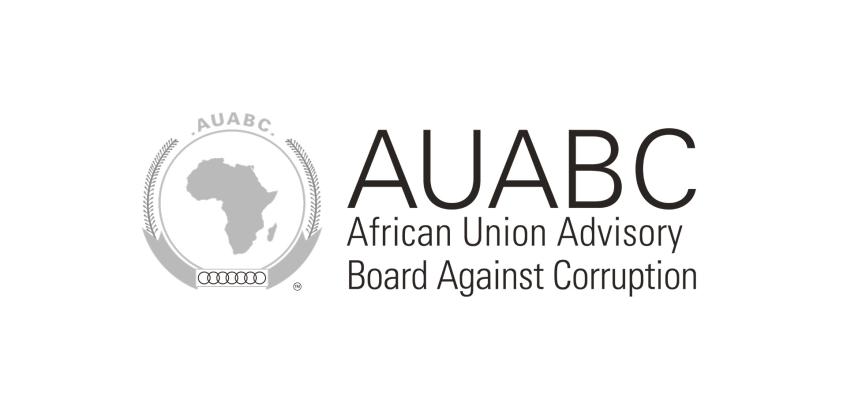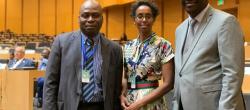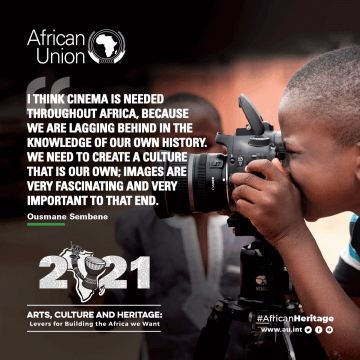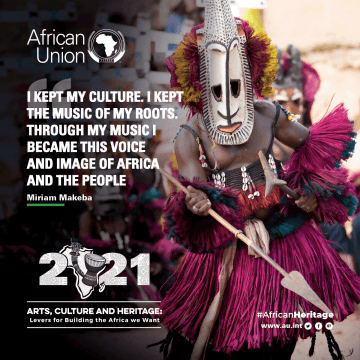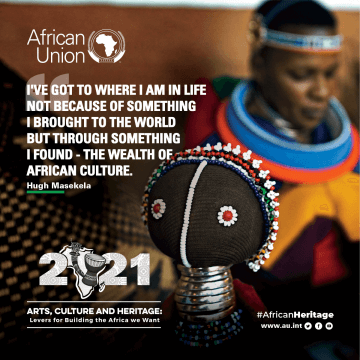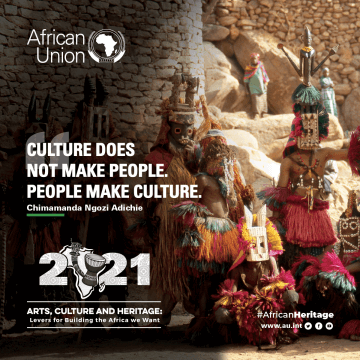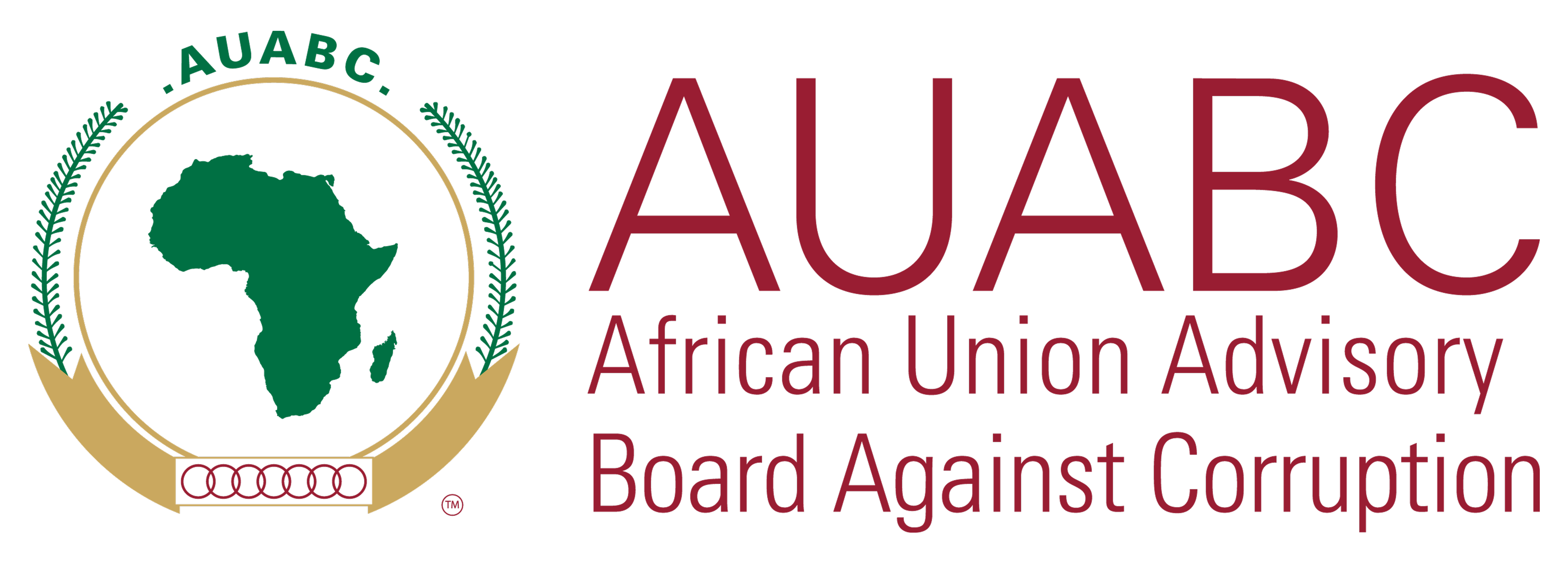Concept Note
Joint side event on ‘Corruption, Human Rights and the Role of Anti-Corruption Human Rights Defenders in Africa’
19 October 2023
9am - 11am (EAT)
The Arusha International Conference Centre (AICC)
Arusha, Tanzania
- Corruption has a deleterious impact on the effective enjoyment of the human rights guaranteed in the African Charter on Human and Peoples’ Rights (the ‘Banjul Charter’) and other relevant regional and international human rights instruments. It negatively impacts on the enjoyment of the right to life, to freedom from torture and other degrading treatment, and often leads to unequal and discriminatory outcomes, for example, in cases where bribes are used to gain privileged access to basic social services, such as health, water, electricity, and housing.
- Corruption equally infringes on the state’s ability to meet its legal obligations to respect, protect, promote, and fulfil human rights and to mobilise the maximum of its available resources for the realization of economic, social, and cultural rights.
- In recent years, African Union member states have ratified international and regional anti-corruption conventions such as the United Nations Convention against Corruption (UNCAC) and the African Union Convention on Preventing and Combating Corruption (AUCPCC) and adopted several legal and institutional reforms to prevent and combat corruption. Despite these initiatives, corruption has continued unabated, thriving in a context of multiple compounding crises and in a climate of unprecedented restrictions on human rights that have limited the ability of African youths, civil society activists, journalists, whistleblowers, and other anti-corruption human rights defenders (HRDs) to play an effective and meaningful role in holding powerful actors accountable for corruption and its human rights consequences.
- Indeed, although many African Union member states are parties to the UNCAC and the AUCPCC and other relevant anti-corruption and human rights treaties, and although they have enacted laws and established national institutions to prevent and combat corruption and their human rights impact, there continues to be severe restriction on human rights and crackdown on critics in many of these states.
- On 11 July 2023, to mark African Anti-corruption Day and the 20th anniversary of the AUCPCC, the African Union Advisory Board Against Corruption (AUABC) issued a press statement in which it encouraged all stakeholders involved in fighting corruption to “use the occasion and subsequent weeks in and till the end of 2023 to organize events that consider the progress made and the challenges faced and focus on the prospects and what new strategies need to be deployed for accelerated and substantive results relating to minimizing corruption on the continent over the next two (2) decades”.
- Civil society organizations across the continent celebrated the anniversary in different ways. For example, Amnesty International released a report on the repression of anti-corruption HRDs in West and Central Africa, a region where such cases remain largely under-reported. Titled “Anti-Corruption Fight in Peril: Crackdown on Anti-Corruption Human Rights Defenders in West and Central Africa”, the report documents 31 cases of repression of anti-corruption HRDs identified in the region since 2018. These are journalists, whistleblowers, bloggers, activists, community leaders, civil servants and others who play a vital, legitimate, and necessary role in the prevention of and fight against corruption and in the realization of human rights in their respective countries. Yet, the report highlighted the lack of a safe and enabling legal environment for HRDs, and for anti-corruption HRDs in particular, as one major factor accounting for the crackdown on anti-corruption HRDs in West and Central Africa.
- In this context and as part of the series of commemorative activities related to the 20th anniversary of the AUCPCC, this joint side event reflects the shared core value of promoting respect for and the protection of human and peoples’ rights, in addition to furthering the AUABC’s mandate relating to building partnerships aimed at facilitating dialogue in the fight against corruption and related offences. It equally follows on from a strategic meeting held in January 2023 between the AUABC and the ACHPR to explore partnership and collaboration opportunities, and from the AUABC’s decision to adopt the theme of “Effective Whistleblowers Protection Mechanism: A Critical Tool in the Fight Against Corruption” for the year 2024.
- The joint side event would seek to achieve the following objectives:
- To discuss ideas and strategies on how to improve respect for the human rights of anti-corruption HRDs in Africa, including whistleblowers.
- To explore the role of the ACHPR and the AUABC in the efforts to promote and achieve access to justice and effective remedies for anti-corruption HRDs who continue to face attacks and repression for peacefully exercising their rights and carrying out their activities.
- To promote a human rights-based approach to anti-corruption in Africa.
- To raise awareness about the important role that anti-corruption HRDs play in the prevention of and fight against corruption and its negative human rights impact in Africa.
- To disseminate relevant legal instruments and mechanisms that promote and advance the human rights of anti-corruption HRDs (including the rights to freedom of expression, peaceful assembly, association and the right of access to information) and are essential for effective anti-corruption strategies among relevant stakeholders (e.g., state parties, national human rights institutions, national anti-corruption institutions, civil society organizations, journalists, media professionals).
Panelists:
- Remy Ngoy Lumbu - Chairperson and Special Rapporteur on HRDs, ACHPR
- Mr. Don Deya - Chief Executive Officer, PALU
- Commissioner Ourveena Geereesha Topsy-Sonoo - Special Rapporteur on Freedom of Expression and Access to Information in Africa, ACHPR
- Dr Liliane Mouan, Senior Advisor on Corruption and Human Rights - West and Central Africa, Amnesty International
- Paul Banoba, Africa Regional Advisor, Transparency International
- Hlengiwe Dube, Ms. Hlengiwe Dube, Project Manager: Expression, Information and Digital Rights Unit, Centre for Human Rights, University of Pretoria
Moderator: Martha Munthali, Senior Policy Officer, AUABC
Agenda
- Welcome remarks and introduction of panelists
- Martha Munthali, Senior Policy Officer, AUABC
- The situation of anti-corruption HRDs in Africa
- Dr Liliane Mouan, Senior Advisor on Corruption and Human Rights - West and Central Africa, Amnesty International
- Paul Banoba, Africa Regional Advisor, Transparency International
- Hlengiwe Dube, Project Coordinator, Democracy, Transparency and Digital Rights Unit, Centre for Human Rights, University of Pretoria
- Towards a better protection of anti-corruption HRDs in Africa: Instruments, strategies, and mechanisms
- Remy Ngoy Lumbu, Chairperson and Special Rapporteur on HRDs, ACHPR
- Don Deya, Chief Executive Officer, PALU
- Discussion and responses from Panelists
- Recommendations and action plan
- Remy Ngoy Lumbu, Chairperson and Special Rapporteur on HRDs, ACHPR
- Don Deya, Chief Executive Officer, PALU
- Closing Remarks
- Martha Munthali, Senior Policy Officer, AUABC








